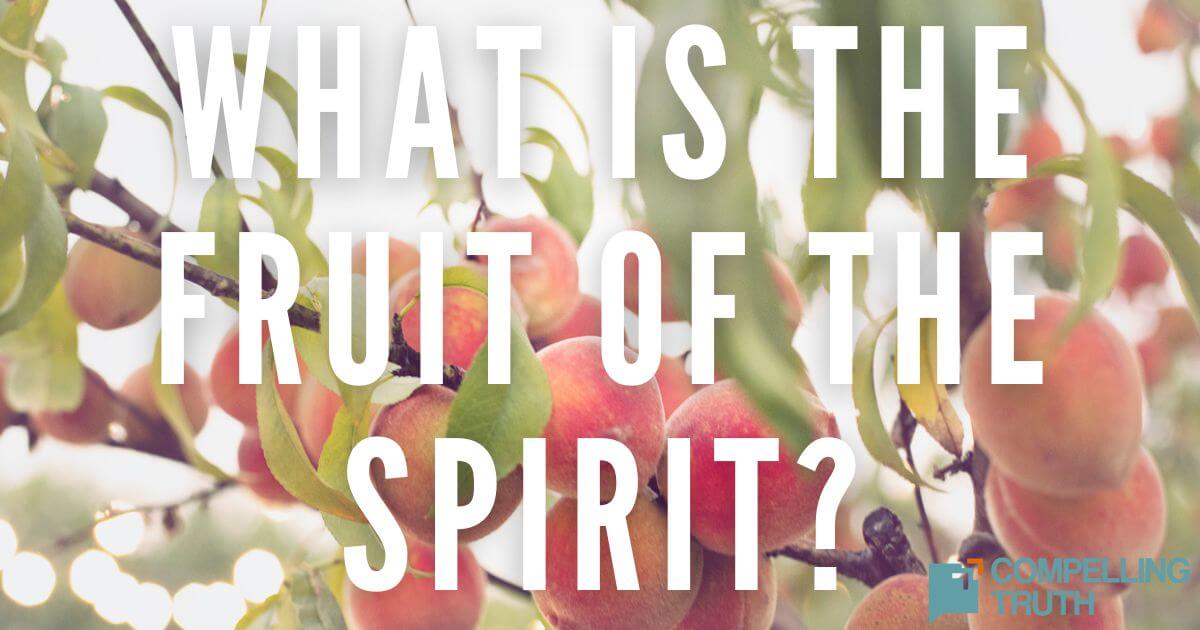what does the bible say?
A fruitful Christian life is marked by evidence of God’s work in us—our actions, attitudes, and words reflecting Christ’s character. True fruitfulness requires new life in Jesus, for apart from Him we can only produce sin. As we abide in Christ and rely on the Holy Spirit, He empowers us to love others, share the gospel, use our gifts to build up the church, and live out gratitude and forgiveness. Good fruit flows from an inward transformation by God’s grace, not human effort, and it grows as we supplement our faith with virtue, knowledge, self-control, steadfastness, godliness, mutual affection, and love. Ultimately, every act of obedience and every Christlike quality exists not for our glory but to display God’s goodness and bring Him praise.




